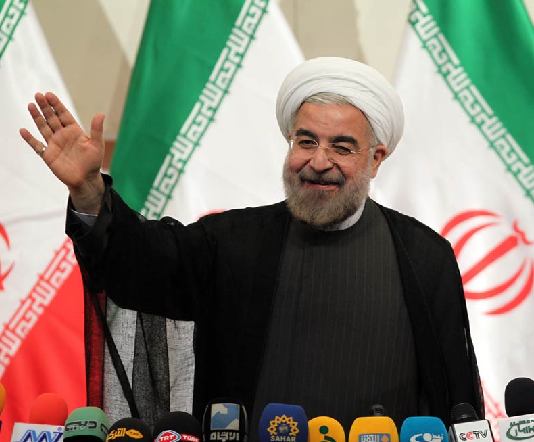What sanctions are removed is critical for the nuclear breakthrough
- By Jin Liangxiang
 0 Comment(s)
0 Comment(s) Print
Print E-mail China.org.cn, October 14, 2013
E-mail China.org.cn, October 14, 2013
After intensive diplomacy at the UN General Assembly, a new round of negotiations on Iran's nuclear program is due to take place in Geneva on Oct. 15 and 16. It will be the first since Iran's moderate President Hassan Rohani was inaugurated as president. Despite high expectations, the outcome might be only worthy of cautious optimism, due to the complexity of the issue.
|
|
|
A new round of negotiations on Iran's nuclear program is due to take place in Geneva on Oct. 15 and 16. [File photo] |
Undoubtedly, the chances of a nuclear breakthrough have never been so high since both Iran and the U.S. have a strong impetus to move forward. While Iranians are eager to get the sanctions removed, Barack Obama's administration hopes to win back America's credibility in Iran, a dominant power in the region, while U.S. Secretary of State John Kerry hopes to score a signature victory in Middle East diplomacy.
However, high profile diplomacy does not necessarily cause change. The nuclear issue reflects the complicated history of U.S-Iran relations over more than three decades. A smile is far from sufficient to solve the problems.
It is predictable that the U.S. will blame Iran for being ill-prepared if the negotiations are not smooth at the beginning, which is highly likely. In fact, there have already been a lot of reports in the U.S. media claiming that Iran is not prepared for serious negotiations, and simply wants the sanctions on it removed. Scholars in Washington are talking about Iran cheating the system.







Go to Forum >>0 Comment(s)